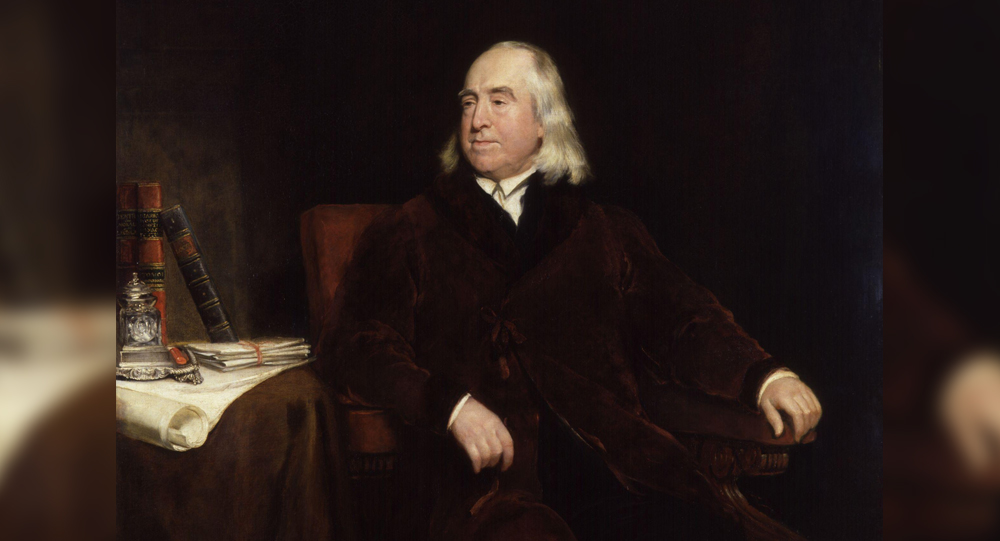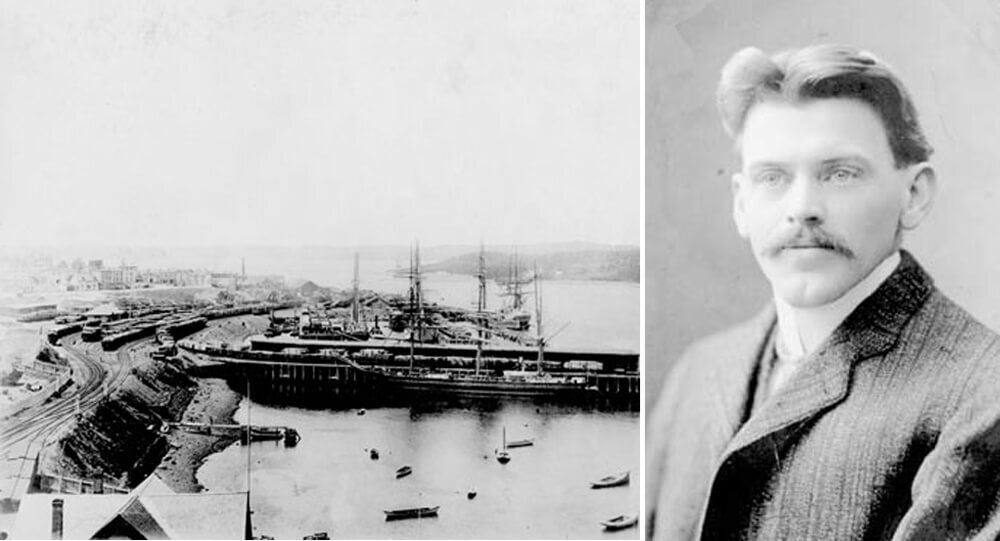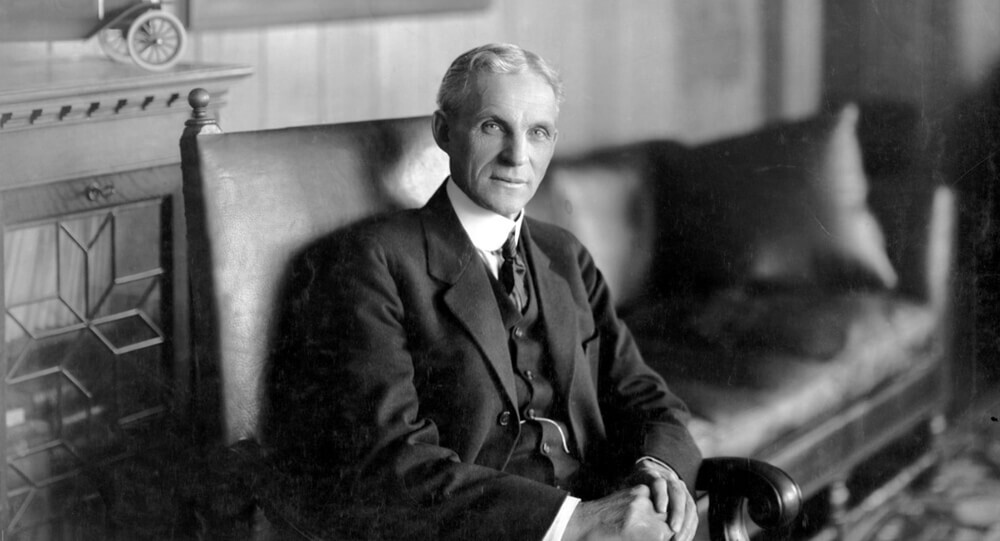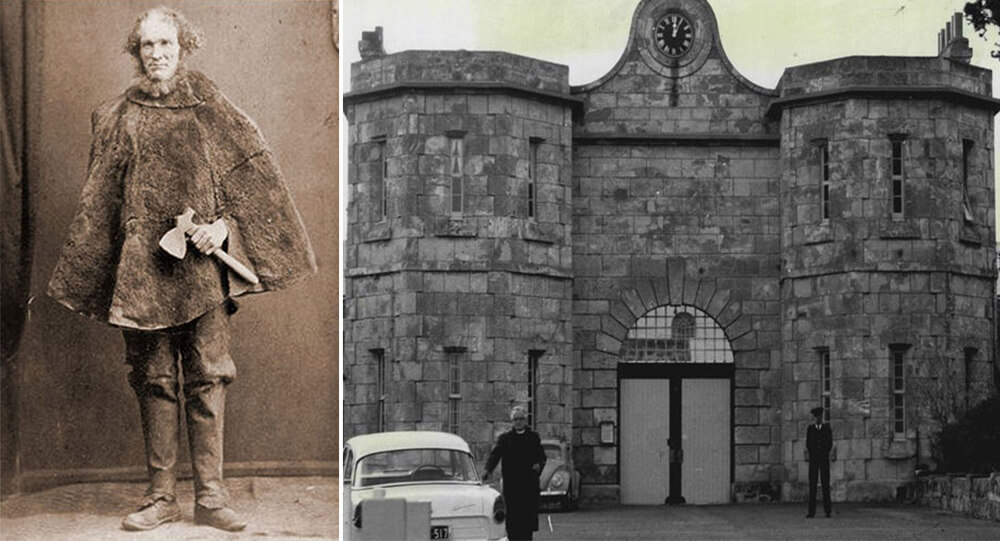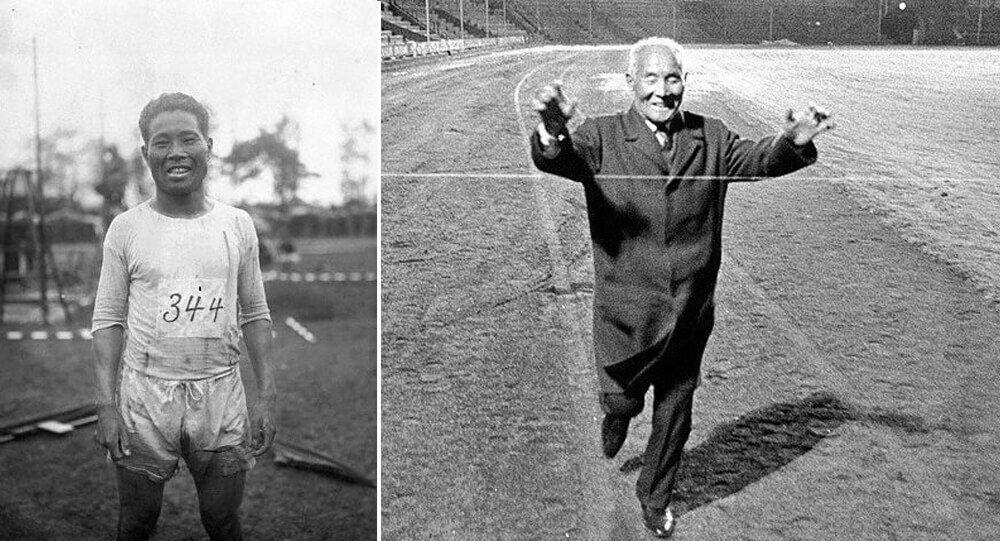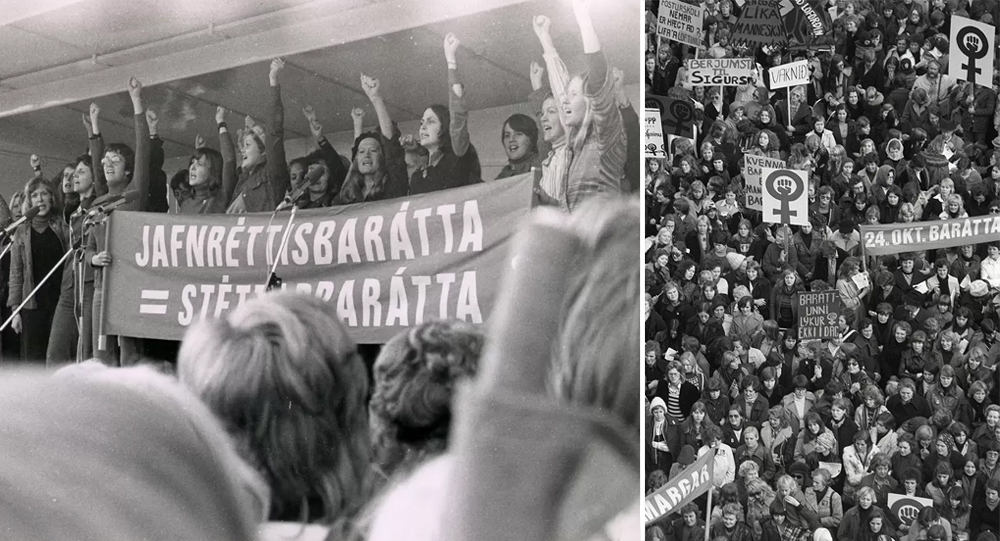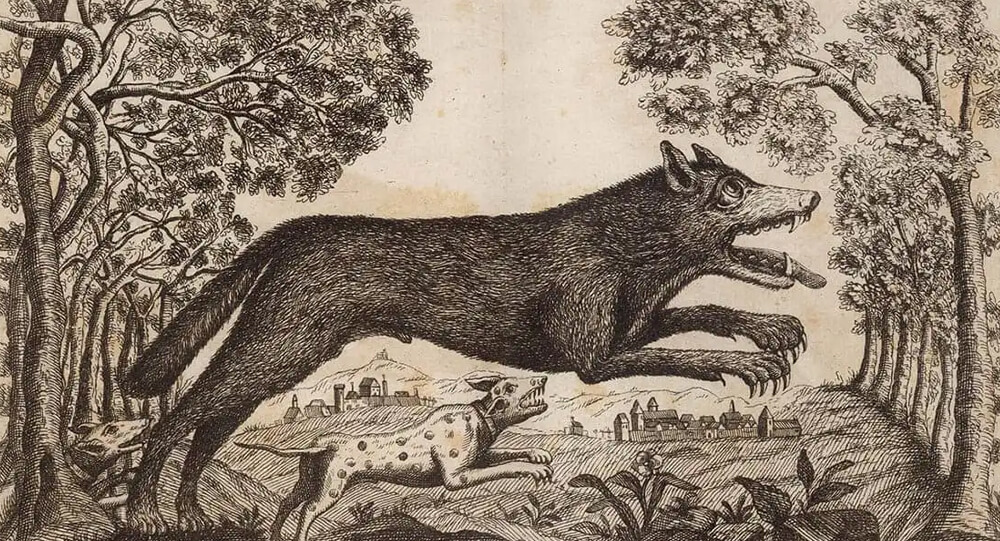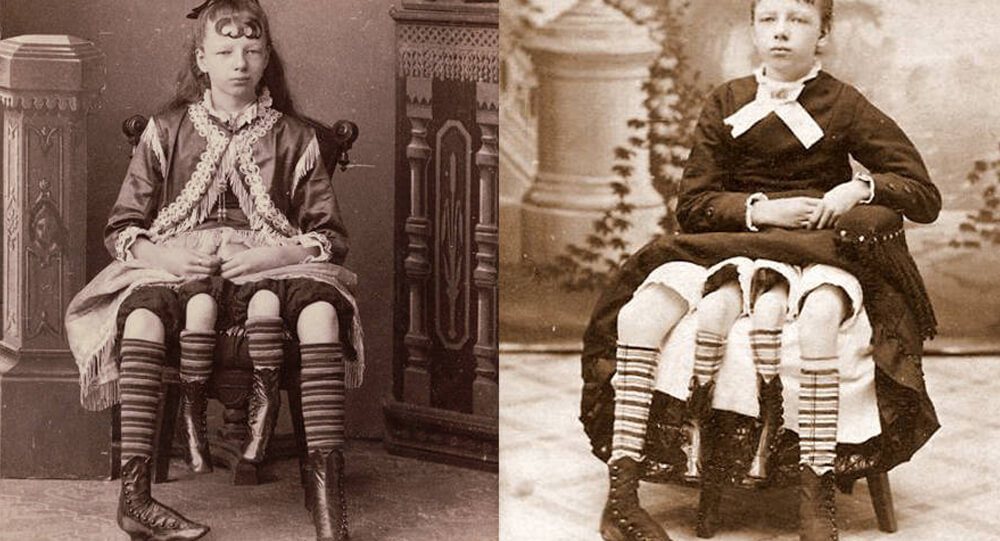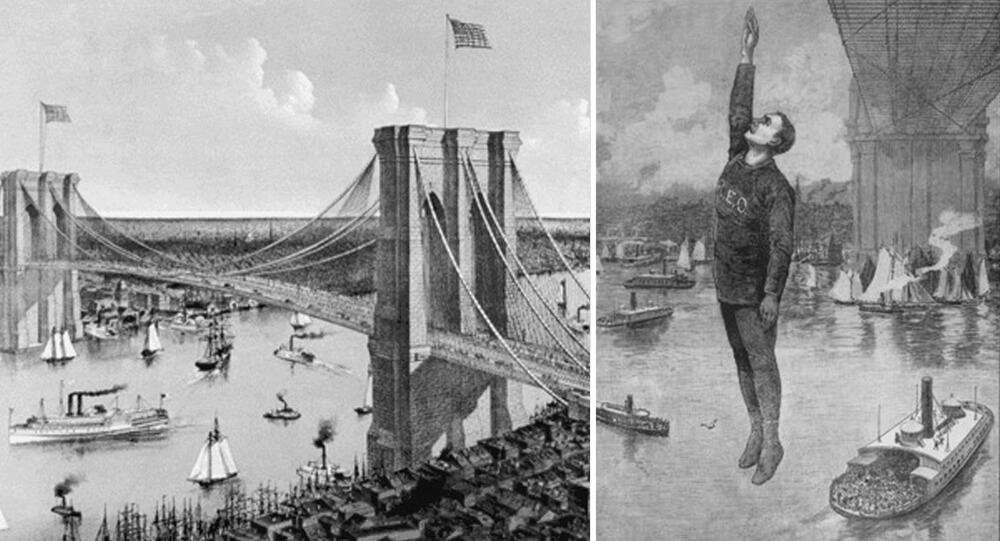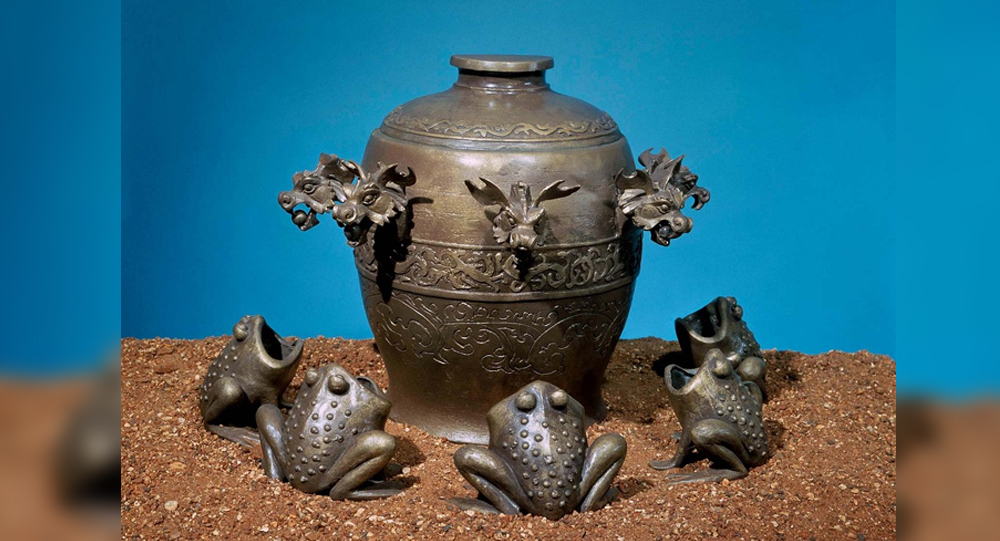
Since it ended, there has been discussion about the reasons behind World War I, or the Great War. Officially, Germany bore a large portion of the blame for the war’s four years of unprecedented carnage. However, a number of intricate factors contributed to the war, including a brutal assassination that sparked the biggest conflict Europe had ever seen.
Archduke Franz Ferdinand’s murder infuriated Austria-Hungary.
In June 1914, Austrian Archduke Franz Ferdinand and his wife Sophie paid a state visit to Bosnia, which had been annexed by Austria-Hungary.
The couple visited Sarajevo’s capital on June 28 to look over the imperial forces stationed there. They narrowly escaped death when Serbian terrorists threw a bomb at their open-topped car as they were traveling to their destination.

Later that day, however, their luck ran out when their driver unintentionally drove them past Gavrilo Princip, a 19-year-old Serbian nationalist who fatally shot Franz Ferdinand and his wife at point-blank range. On July 28, Austria-Hungary, shocked, and Germany supported its declaration of war against Serbia.
Within a few days, Germany invaded France via Belgium after declaring war on Serbia’s ally, Russia. This prompted Britain to declare war on Germany.
Imperialist expansion was fueled by a lack of industrial resources.
The desire of a state to expand its empire was not new in European history, but by the early twentieth century, the Industrial Revolution was in full force.
The need to control new lands and their natural resources, including oil, rubber, coal, iron, and other raw materials, was sparked by new industrial and manufacturing technologies.
Germany desired a larger share of the continents due to the British Empire’s expansion to five continents and France’s control of many African colonies. Countries formed alliances to position themselves for European dominance as tensions increased as they competed for position.
As nationalism increased, diplomacy suffered
Europe experienced a rise in nationalism during the 19th century. As people’s pride in their nation and culture grew, so did their desire to be free of imperial rule. However, in some instances, nationalism was fueled by imperialism as some groups asserted their superiority over others.
For example, after Germany dominated France in the Franco-Prussian War of 1870-1871, France lost money and land to Germany, which then fueled French nationalism and a desire for vengeance. This widespread nationalism is thought to be a major contributing factor to World War I.
When Princip, a member of a Serbian nationalist terrorist organization fighting against Austria-rule Hungary’s over Bosnia, assassinated Archduke Ferdinand and his wife during World War I, nationalism played a particular role in the conflict.

Entangled alliances created two competing groups
Germany and Austria-Hungary formed an alliance against Russia in 1879. Italy joined their alliance (The Triple Alliance) in 1882, and in response, Russia allied with France in 1894.
The Triple Entente was established in 1907 by France, Russia, and Great Britain as a means of defense against the growing threat posed by Germany. The Central Powers, which included Germany, Austria-Hungary, and Italy, and the Allies, which included Russia, France, and Britain, soon divided Europe into two groups.
Though not every alliance was set in stone—Italy later switched sides—as war was declared, the allied nations encouraged one another to fight and uphold their treaties. By the end of August 1914, the so-called “entangled alliances” had led to the spread of what should have been a localized conflict to all of Europe’s major powers.
Militarism sparked an arms race
Many European nations strengthened their militaries at the beginning of the 20th century and were prepared to use them. The majority of the European powers, who were engaged in an arms race and had military draft systems, were methodically building up their war chests and honing their defensive tactics.
France, Russia, Britain, and Germany all saw significant increases in their defense budgets between 1910 and 1914. But at the time, Germany was by far the militarist nation in Europe. It had massively increased its military spending by 79 percent by July 1914.
Additionally, Germany and Britain were engaged in a clandestine naval conflict. As soon as the British Royal Navy created the first Dreadnought battleship, which could outgun and outrun any other battleship in existence, they doubled their naval battle fleet. Not to be outdone, Germany built its own fleet of Dreadnoughts.
The European powers were not only ready for war when World War I broke out; some even looked forward to it as a way to advance their international standing.
Despite the fact that Austria-Hungary struck first after the assassination of Archduke Ferdinand, all the other European powers quickly lined up to defend their alliances, maintain or grow their empires, and show off their military strength and national pride.

Terry Fox, a 21-year-old one-legged cancer patient who ran 143 days before dying
Terry Fox was a 21-year-old one-legged cancer patient who ran 3,339 miles across Canada in 143 days before dying.

George Dantzig solved two famous “unsolved” problems in statistics mistakenly as assignment
In 1939, George Dantzig arrived late to his statistics class. On the board were two famous “unsolved” problems in statistics written as an example by his professor. Dantzig mistook the examples for homework assignments. He solved the “unsolved” problems and submitted the homework to his professor a few days later. His solutions earned him a doctorate.

How 18th Century Women’s Rights Movements Shaped Modern Equality
The 18th century marked a turning point in the quest for women’s rights, as passionate voices challenged centuries of gender inequality and laid the groundwork for modern feminism. From pioneers like Mary Wollstonecraft to revolutionary declarations and early advocacy, this era sparked debates on education, political participation, and social justice that continue to resonate today. Journey through the origins of women’s rights movements and discover how their bold ideas shaped the fight for equality.

From Flapper to Fashion Week: How 1920s Style Still Shapes Modern Trends
The roaring 1920s revolutionized fashion, introducing bold styles, daring cuts, and a spirit of freedom that still inspires today’s wardrobes. From flapper dresses to statement accessories, here’s how the Jazz Age lives on in modern fashion.

New London School Explosion, Deadliest school disaster which killed almost 300 children and teachers
In 1937, a gas leak in the basement at the local school in New London, Texas caused a massive explosion which killed almost 300 children and teachers, the deadliest school disaster in US history. Adolf Hitler even sent his condolences by telegram.

The incredible story of a plane that lost its roof in mid-flight and the light signal that saved 94 lives.
On April 28, 1988, Aloha Airlines flight 243 was on the way to Honolulu from Hilo when a huge portion of the upper part of the fuselage blew off the airplane.

The Littlest Skyscraper: How J.D. McMahon’s 480-Inch Con Fooled Investors in 1919
In 1919, J.D. McMahon convinced investors to fund a 480-foot skyscraper, but he labeled the plans as 480 inches, building a 40-foot structure instead. After taking $200,000, he won in court since the plans matched what he built.

Vince Coleman, a railway dispatcher, sacrificed his own life
Vince Coleman, a railway dispatcher, sacrificed his life in order to warn an incoming train of an imminent explosion. His telegraph said “Hold up the train. Ammunition ship afire in harbor making for Pier 6 and will explode. Guess this will be my last message. Good-bye, boys.” He saved 300 lives.

The story of a man who spent 72 hours with 72 venomous snakes to prove they only bite when provoked
In the 1980s, an Indian man spent 72 hours in a glass cabin with 72 snakes, some of which were extremely venomous. His aim was to prove that snakes only attack when provoked. Remarkably, he was not bitten once in those 72 hours and even set a Guinness World Record in the process.

Louis Le Prince Invented the motion picture camera, and then he mysteriously disappeared
Louis Le Prince, the inventor of motion pictures, vanished without a trace in 1890. Thomas Edison quickly claimed the title of "first and sole inventor of cinema," even taking Le Prince's son to court to dispute it. A few years later, the son also dies under mysterious circumstances.

Henry Ford, The man popularizing the concept of the weekend off
Henry Ford was the first Industrial Giant to give his employees both Saturday and Sunday off in the hope of encouraging more leisurely use of automobiles and thus popularizing the concept of the "weekend."

What is the story behind Wrigley chewing gum?
Wrigley's was originally a soap company that gifted baking powder with their soap. The baking powder became more popular than the soap so they switched to selling baking powder with chewing gum as a gift. The gum became more popular than the baking powder so the company switched to selling gum.

Moondyne Joe: The story of Australia's most notorious prison escapee
A man named Joseph Bolitho Johns (A.K.A Moondyne Joe) broke out of Australian prisons so many times that the police were compelled to build a special cell just for him. He escaped from that as well.

Shizo Kanakuri’s 1912 Olympic Marathon Finished 54 Years
At the 1912 Olympics, a marathon runner quit and went home to Japan without telling officials and was considered a missing person in Sweden for 50 years. In 1966, he was invited to complete the marathon. His time: 54 years, 8 months, 6 days, 5 hours, 32 minutes, and 20.379 seconds.

The day Iceland's women went on strike
Icelandic women went on strike for equal rights on October 24, 1975. 90% of women walked out of their jobs and homes, effectively shutting down the entire country. The men were struggling to keep up. The following year, Parliament passed a law requiring equal pay. Iceland elected the world's first female President five years later. Iceland now has the highest gender equality rate in the world.

What Was the Beast of Gévaudan?
Between 1764 and 1767, a mysterious animal called the Beast of Gévaudan terrorized the French village called Gévaudan. It attacked and killed about 100 adults and children. While most believe it was a wolf, some say it may have been a wolf-dog hybrid, hyena or even a lion, but without any genetic evidence, the beast will remain a mystery forever.

Keith Sapsford: The Story of 14-Year-Old Stowaway
The final image of 14-year-old Australian Keith Sapsford, who aspired to travel the world. In February 1970, he sneaked into the wheel-well of a plane flying from Sydney to Tokyo. It opened mid-air & fell out. When a photographer was testing a new lens, he captured this moment on film and was surprised when it developed.

The true story of Josephine Myrtle Corbin, the lady born with four legs and two private parts
Josephine Myrtle Corbin, an American sideshow performer born in 1868, had a rare condition known as dipygus, which caused her to have four legs, each smaller inner leg paired with one of her outer legs. Corbin joined the sideshow circuit, captivating audiences as the "Four-Legged Girl from Texas."

8 Interesting Facts About The Unsinkable Ship, TITANIC
If you ask your friends what's the most famous ship in history the answer in most cases will be the same, of course the legendary Titanic. Its history is full of mysteries, at first it was a source of hope and national pride as well as proof of the triumphs of mankind but it soon became a source of nostalgia and pain, the extent of which cannot be described in words.

Robert Odlum, the first person to jump off the Brooklyn Bridge
The first person to jump off the Brooklyn Bridge was a professional high diver who "wanted to demonstrate that people did not die simply by falling through the air, thus encouraging people to be willing to jump from a burning building into a net." He proved himself correct by safely falling 135 feet through the air and dying only when he hit the water.

Story of Kathrine Switzer: the first woman to run in Boston Marathon
Before women were allowed to run in the Boston Marathon, Kathrine Switzer participated. A race official attempted to forcefully remove her from the race in 1967, but her boyfriend pushed him down. She was the first female finisher who had a numbered entry in the race.

Mario Segale, Developer Who Inspired Nintendo to Name Super Mario
Super Mario is named after real-life businessman Mario Segale, who was renting out a warehouse to Nintendo. After Nintendo fell far behind on rent, Segale did not evict them but gave them a second chance to come up with the money. Nintendo succeeded and named their main character after him.

The World’s First Seismograph: How Ancient China Detected Earthquakes 1,800 Years Ago
Over 1,800 years ago, long before modern technology, the ancient Chinese astronomer and inventor Zhang Heng created the world’s first seismograph in 132 AD. This ingenious bronze device could detect distant earthquakes by releasing small balls from dragons’ mouths into toads’ mouths—each indicating a different compass direction. Its historic detection of an earthquake 400 miles away astonished the imperial court and transformed the way societies understood and responded to seismic events.

The unbroken seal on King Tutankhamun's tomb until 1922
The unbroken seal of Tutankhamun's tomb before it was opened in 1923, it was unbroken for over 3000 years.

Ancient Egyptians Had Pregnancy Tests Over 3500 Years Ago
The ancient Egyptians used a pregnancy test that involved potentially pregnant women peeing on barley and wheat seeds. Plant growth indicated pregnancy: barley for a boy and wheat for a girl. Later tests revealed that pregnant women's urine causes plant growth 70% of the time, whereas non-pregnant women's urine does not.



